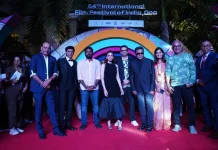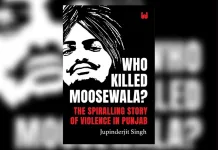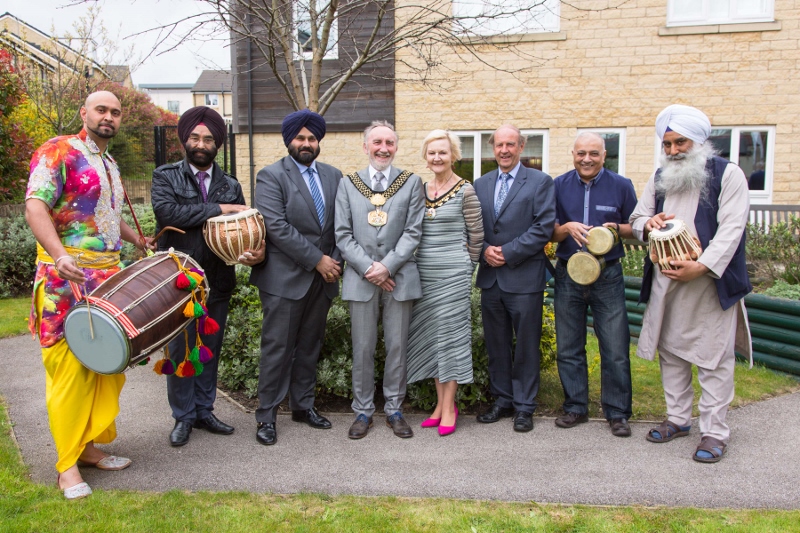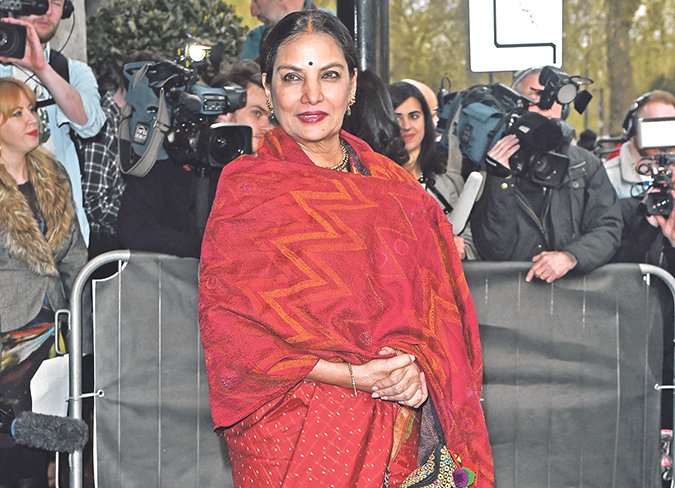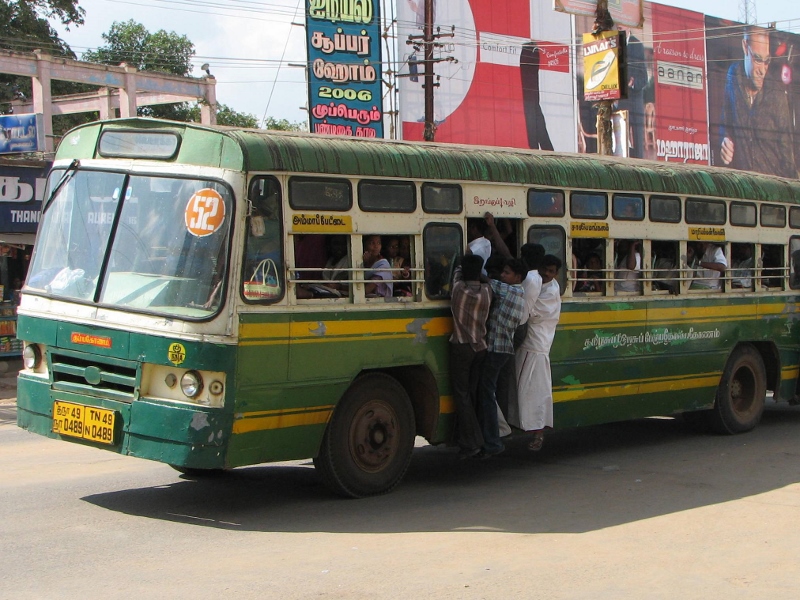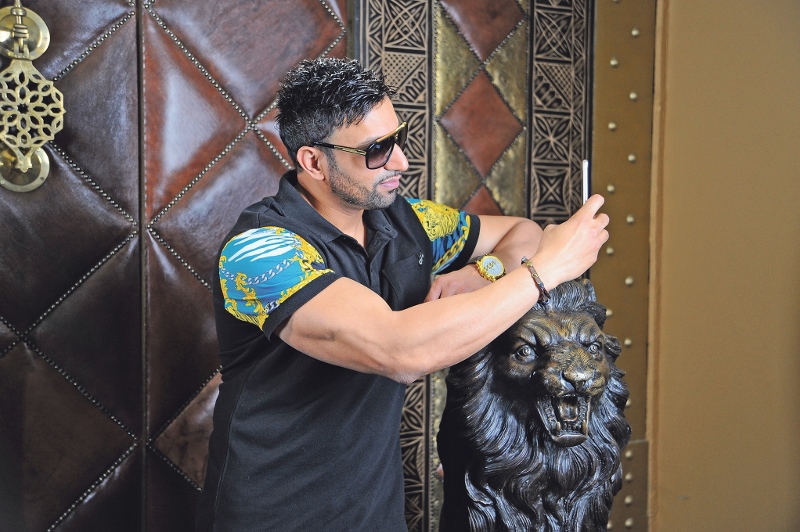
Mughal India in 1659, the imperial court, a place of opulence and excess; music, eunuchs and harems, witnesses a battle of wills.
Two brothers, whose mother’s death inspired the Taj Mahal, are heirs to this Muslim empire. Now they fight ferociously for succession.
Dara, the crown prince, has the love of the people – and of his emperor father – but younger brother Aurangzeb holds a different vision for India’s future. Islam inspires poetry in Dara and puritanical rigour in Aurangzeb.
Can Jahanara, their beloved sister, assuage Aurangzeb’s resolve to seize the Peacock Throne and purge the empire?
Spanning the princes’ lives from cradle to grave, ‘Dara’ is an intense domestic drama which is brought to life even more with a stunning score by composer Niraj Chag (Much Ado About Nothing, RSC, 2012).
The soundtrack to ‘Dara’ takes root in classical Indian music and Qawwali, the devotional music of Sufism. Chag’s score brilliantly combines traditional Indian instruments – such as the santoor, Indian classical violin and Indian percussion – with touches of sharper, modern sounds and textures, invoking the opulence of the royal courts of the enigmatic Mughal Empire.
The lead track, ‘Ali Mola’, a Qawwali piece, accompanies the scene when Dara goes to see a Sufi mystic for a blessing before embarking on a war. During the scene the mystic tells Dara a story so profound the prince finds himself moved to tears.
The experience of religious ecstasy through the repetition of Qawwali chants at the core of Sufi devotional music, along with the elements of Indian classical music, mirror both the Mughal setting of the play and Dara’s own experience.
Adapted by Tanya Ronder from Shahid Nadeem’s play, originally performed by Ajoka Theatre, Pakistan, Dara opens in the Lyttelton Theatre on 27th January 2015.



